Experience world-class maxillectomy surgery in India at affordable costs. Our medical tourism experts connect you with top surgeons and hospitals for safe, effective treatment.
Recovery Time
3 Weeks
Success Rate
98%
Hospital Stay
3-5 Days
Treatment Type
Surgical
Home Treatments Dental Maxillofacial Surgery
Why pay more when the same maxillofacial surgery costs less in India?
Let’s learn what it is!
Maxillofacial surgery is a medical procedure that focuses on fixing issues related to the mouth, jaw, and lower face. This type of surgery helps to address various problems that can affect how these areas function or look.
Here’s the best part.
India offers advanced facial and jaw procedures starting at just 4300 USD, using 3D imaging and titanium implants. With expert surgeons and globally accredited hospitals, patients receive high-quality care at an affordable cost. Looking for safe, affordable maxillofacial surgery?
Choose India for maxillofacial surgery and get your treatment done at the lowest cost.
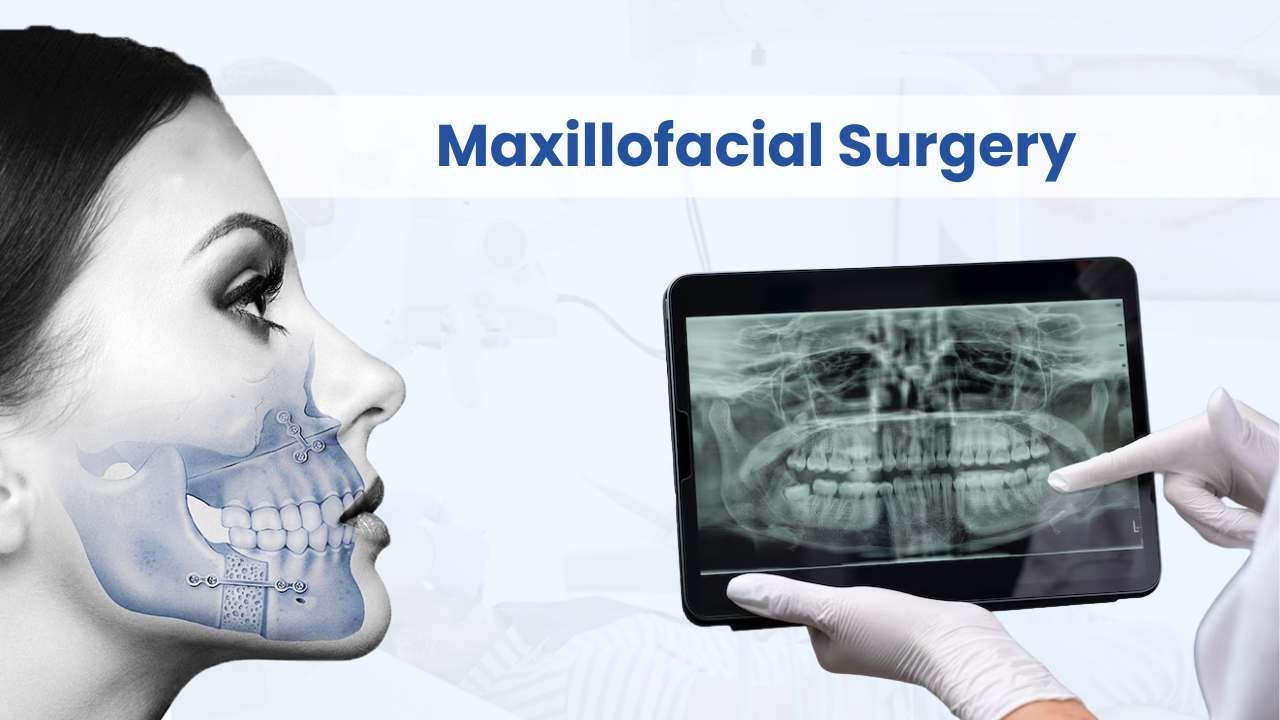
It's a special type of dentistry that is similar to oral surgery, but in addition to treating conditions that affect your mouth, it also treats conditions that affect your jaw, face, and neck.
However, the surgery may also include:

‣ Surgeon’s Fees
The surgeon's expertise also affects the cost, as well-known surgeons in the field of maxillofacial surgery charge higher fees for their services. However, it's best for severe cases, which means you’re in safe hands.
‣ Type of Surgery
The type of surgery performed can also affect the cost of the treatment, which means a simple fracture repair costs less as compared to full jaw reconstruction or tumor removal.
‣ Hospital Charges
Indian hospitals are equipped with the latest advancements and equipment, and they are accredited by international organizations like JCI and NABH, and due to that, they charge higher fees.
‣ Technology Used
Some surgeries use the latest technologies like 3D scanning or computer-guided surgery; however, these methods can affect the cost of the treatment. Yet, they often lead to better and quicker recovery.
‣ Room and Stay
The stay and room facility can affect the cost of the treatment, because a general ward is cheaper, while a private or deluxe room costs more.
‣ Tests and Medicines
Before and after surgery, you may undergo some diagnostic tests to evaluate your condition, which might be charged separately and can affect the cost as well.
Maxillofacial Surgery cost
Treatment Name
Estimated Cost
Maxillofacial Surgery 4300-6500 USD
The cost of maxillofacial surgery in India is affordable for international patients compared to other Western countries. This includes the cost of surgery, surgeon fees, diagnostic tests, and follow-ups.
Cost Component | Details | Cost in USD |
Pre-operative Consultation & Diagnosis | Consultations, X-rays, MRI scans, blood tests | 400 USD |
Surgery Costs | Includes surgeon fees, type of implant, and hospital stay | 4300-6500 USD |
Rehabilitation and Follow-up | Physiotherapy sessions, medications, supportive devices, and follow-up visits | Variable by Procedure |
Fill in your details and we'll get back to you soonGet Free Treatment Quote
Country | Cost Structure |
India | 4300 to 6500 USD |
United States | 27,000 USD |
Germany | 5000 USD |
Turkey | 10,000 USD |
Key Takeaways
✅ Affordable Treatment Cost
The cost of maxillofacial surgery in India is affordable for all international patients as compared to other Western countries, which makes it a preferred destination for patients worldwide.
✅ Advanced Medical Technology
Indian hospitals are equipped with the latest advancements, which help in providing precise surgical outcomes and faster recovery.
India has emerged as a leading destination for maxillofacial surgery due to its affordability, which means the cost is less compared to other Western countries, expert care, advanced technology, and internationally accredited hospitals.
In addition, India has highly experienced and internationally trained surgeons who have studied and trained in countries like the UK, the USA, or Germany. Additionally, their experience in handling a wide range of complex facial and jaw surgeries offers international patients quality care.
Hospitals in India are equipped with some of the advanced technology, which ensures high precision and better surgical outcomes. Innovations like 3D imaging, CAD/CAM not just enhance surgical accuracy but also reduce recovery time and improve facial aesthetics after surgery.
Another advantage is that the hospitals are accredited by international organizations like JCI and NABH, which means they follow strict international standards for patient safety, hygiene, and treatment quality.
India also offers exceptional support for international projects, and most of the reputable hospitals have dedicated international patient departments that help patients with medical visas, airport transfers, accommodation, interpreter services, and post-operative care planning.

Well, there are many reasons why a person might need maxillofacial surgery, which include:
Here are some following reasons which may require maxillofacial surgery, include:
The surgery may treat various conditions, which include:
Here is the list of tests that are performed to determine the condition, including:
Dos and Don’ts Before Surgery
Dos
🟢 You need to follow the doctor’s instructions carefully on what you should eat, medications, and your hygiene.
🟢 You should complete all your tests, such as CT scans, blood tests, ECG, etc.
🟢 You just informed your doctor about what medications you’re taking.
🟢 You should maintain good oral hygiene by brushing and rinsing as advised.
Don’ts
🔴 You will be recommended not to eat or drink anything for 6 to 8 hours before surgery.
🔴 Do not hide any other medical conditions, and bring your valid reports as well.
🔴 You should avoid painkillers unless your doctor approves because they can affect bleeding.
‣ Before the Surgery
Before surgery, you will get a list of instructions to prepare for the surgery.
‣ During Surgery
When the surgery begins, you'll be given medicine to put you to sleep, which will help you feel comfortable and free from any pain during the procedure.
While you’re asleep, the surgeon will make one or more small cuts in your body. The places where these cuts are made will depend on the specific type of surgery you are having.
The surgeon will perform the surgery by using small and specialized instruments, and they will also take dental X-rays during the surgery.
When the procedure is done, the surgeon will close your incisions with stitches and cover the surgical site as well.
‣ After Surgery
After surgery, you will be moved to a recovery room, and when you wake up, you may experience some discomfort, so you will get some medications that will help.
However, here are some normal side effects which include:
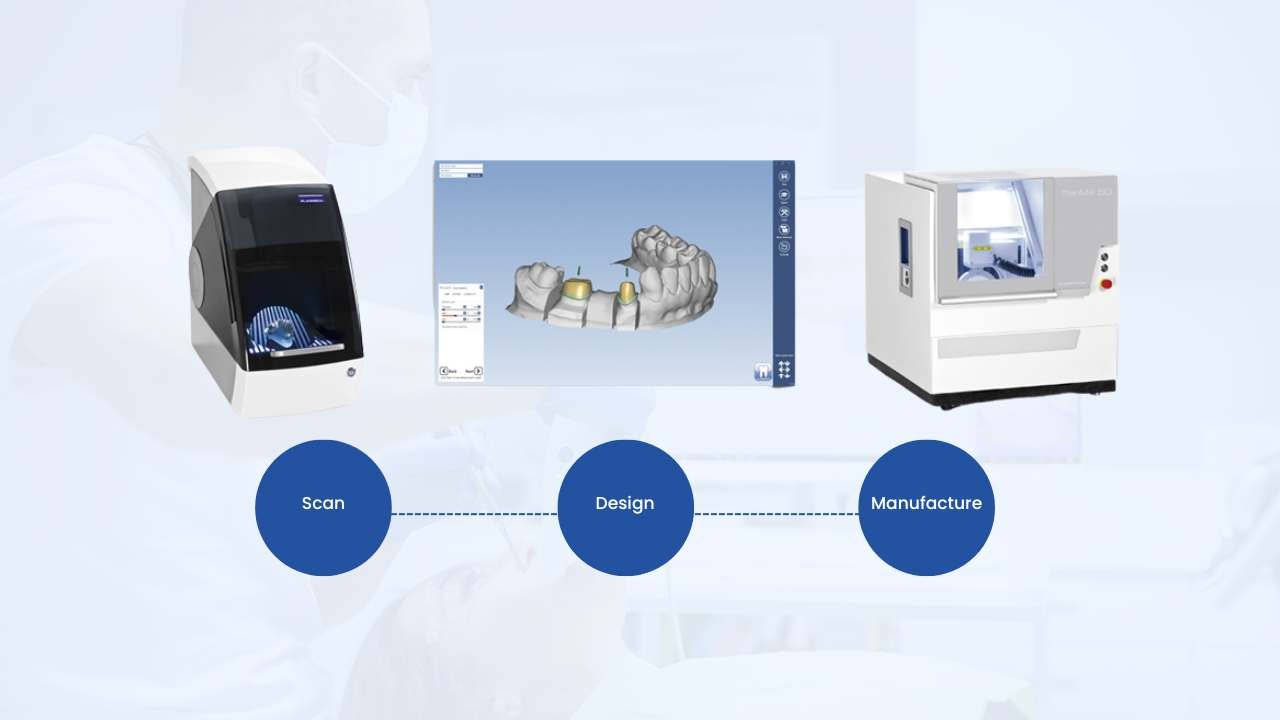
Doctors are now able to create detailed virtual models of your face or jaw using advanced 3D scans and special software. This process minimizes mistakes and improves both the appearance and function of the results
In more complicated cases, surgeons can use special navigation systems that work like a GPS for the surgery. These systems guide their movements, especially when they are working near sensitive areas like nerves.
Surgeons also use high-tech methods to design and make custom pieces, like plates or screws, specifically tailored to fit your facial structure. This technique, known as CAD/CAM, helps make surgeries faster and ensures everything fits well.
When it comes to jaw reconstruction or repairing fractures, titanium is a common choice for implants. This material is lightweight, strong, and the body usually accepts it well. The implants are often designed to match your unique facial shape.
Some hospitals now provide minimally invasive techniques, which involve using small cuts and cameras for surgeries related to facial injuries or joint issues. This means less scarring, quicker healing, and a lower chance of infection.
Many hospitals are using 3D printing to create exact models of the jaw or skull. These printed templates allow surgeons to practice the surgery ahead of time, helping to make the procedure smoother and quicker.
Piezo surgical surgery is a special type of surgery that uses high-frequency sound waves to make very precise bone cuts. This technique helps doctors perform the surgery with great accuracy while also protecting the nearby soft tissues from damage.
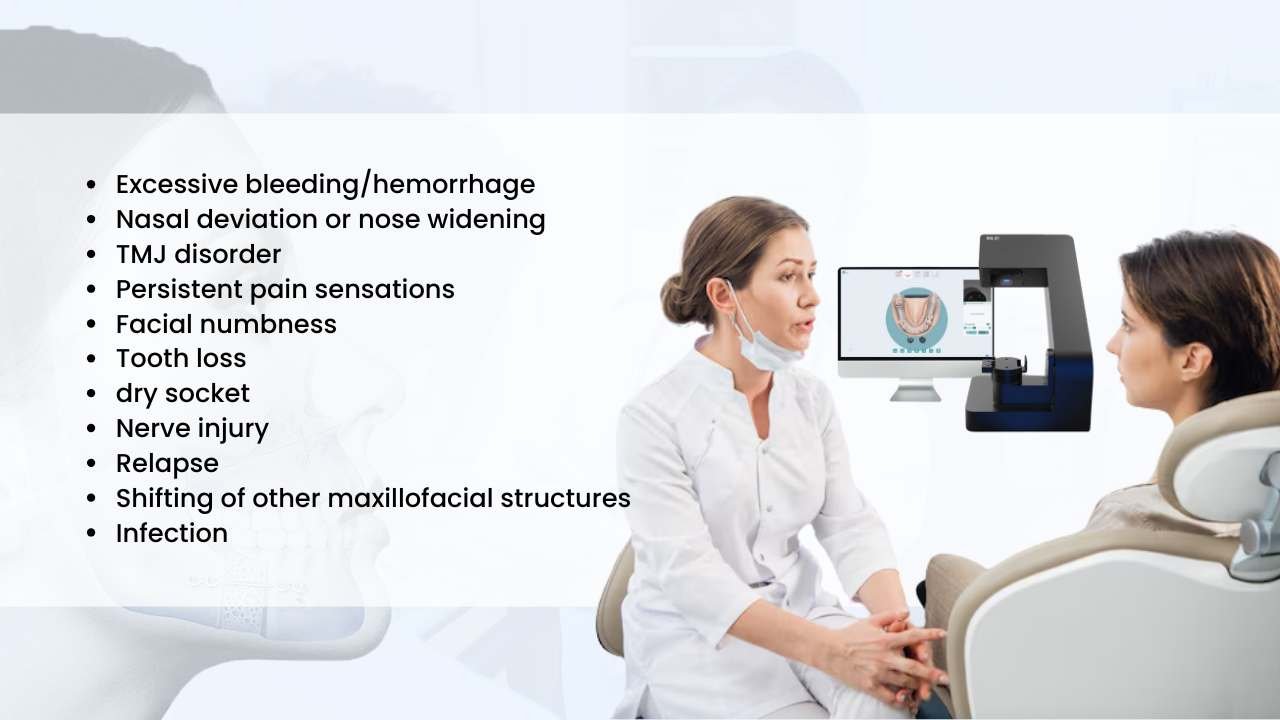
Like any other surgery, maxillofacial surgery also has some side effects, which include:
After surgery, you may need to stay in the hospital for 3 to 5 days, during which your vital signs will be monitored properly.
The recovery after surgery may take 3 weeks or more, however, it depends on how well you follow instructions.
The success rate of maxillofacial surgery is 98% in India.
Beds: 539
New Delhi
Beds: 230
New Delhi
Beds: 710
New Delhi
Beds: 650
New Delhi
Beds: 191
New Delhi
Beds: 310
New Delhi
Beds: 299
Gurugram
Beds: 380
New Delhi
Beds: 402
New Delhi
Beds: 1300+
Gurugram
Beds: 1000
New Delhi
Beds: 450
Faridabad
Beds: 675
New Delhi
Beds: 500
New Delhi
Beds: 400+
Faridabad

Max Super Speciality Hospital, Saket

Aakash Healthcare Super Speciality Hospital

Indraprastha Apollo Hospital

BLK Max Super Speciality Hospital

Dharamshila Narayana Superspeciality Hospital

Fortis Escorts Heart Institute

Fortis Memorial Research Institute

Manipal Hospital Dwarka

Max Super Speciality Hospital Shalimar Bagh

Medanta - The Medicity Hospital

Moolchand Kharaiti Ram Hospital

Sarvodaya Hospital

Sir Ganga Ram Hospital

Venkateshwar Hospital
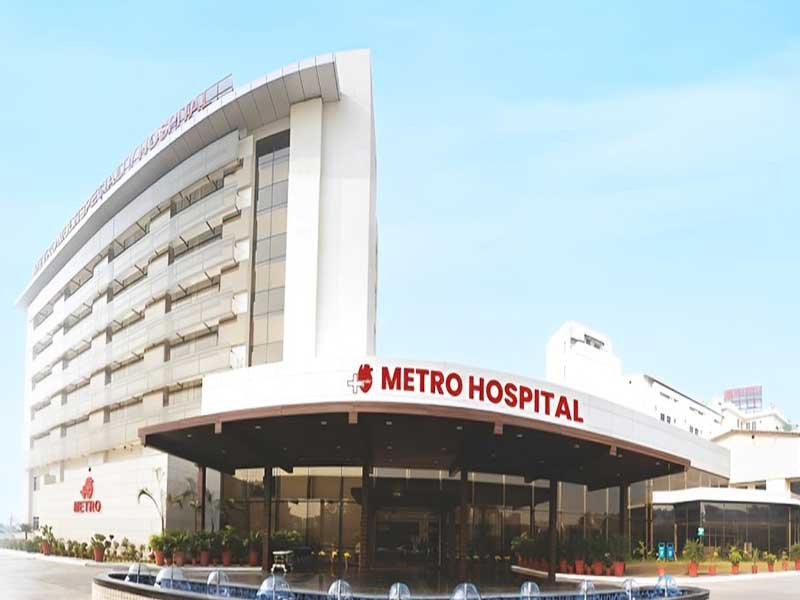
Metro Heart Institute with Multispecialty
• Team of Top Maxillofacial Surgeons
Our recommended surgeons possess over 15 years of experience.
• JCI/NABH Accredited Hospitals
Mejocare collaborates with hospitals that have received prestigious certifications for quality care. These hospitals are equipped with modern facilities and the newest technologies, including robotic systems and minimally invasive surgery techniques. They also use advanced tools for diagnosis and treatment, ensuring that patients receive comprehensive and personalized care.
• Other Benefits
We offer quick and clear answers to your questions, accurate costs for our services, and help with getting medical visas and finding places to stay in India.
We also focus on making your appointment scheduling easy and providing support when you arrive, including airport pickups, hotel transfers, and assistance throughout your hospital visits.
Maxillofacial surgery involves reconstruction and repair in the neck, jaw, mouth, teeth, and face as well/ Additionally, it is considered a specialized form of dentistry where surgeons are skilled in anesthesia, pain management, wound care, and soft tissue techniques as well. However, you will be recommended for maxillofacial surgery for issues such as impacted teeth, jaw reconstruction, or rhinoplasty.
Disclaimer
The information available in this article is for general purposes, and it doesn’t aim to provide accurate information about cost estimates and other aspects related to the procedure. We will help to connect with esports that will provide you estimated cost, and other information as well. So connect Mejocare now.
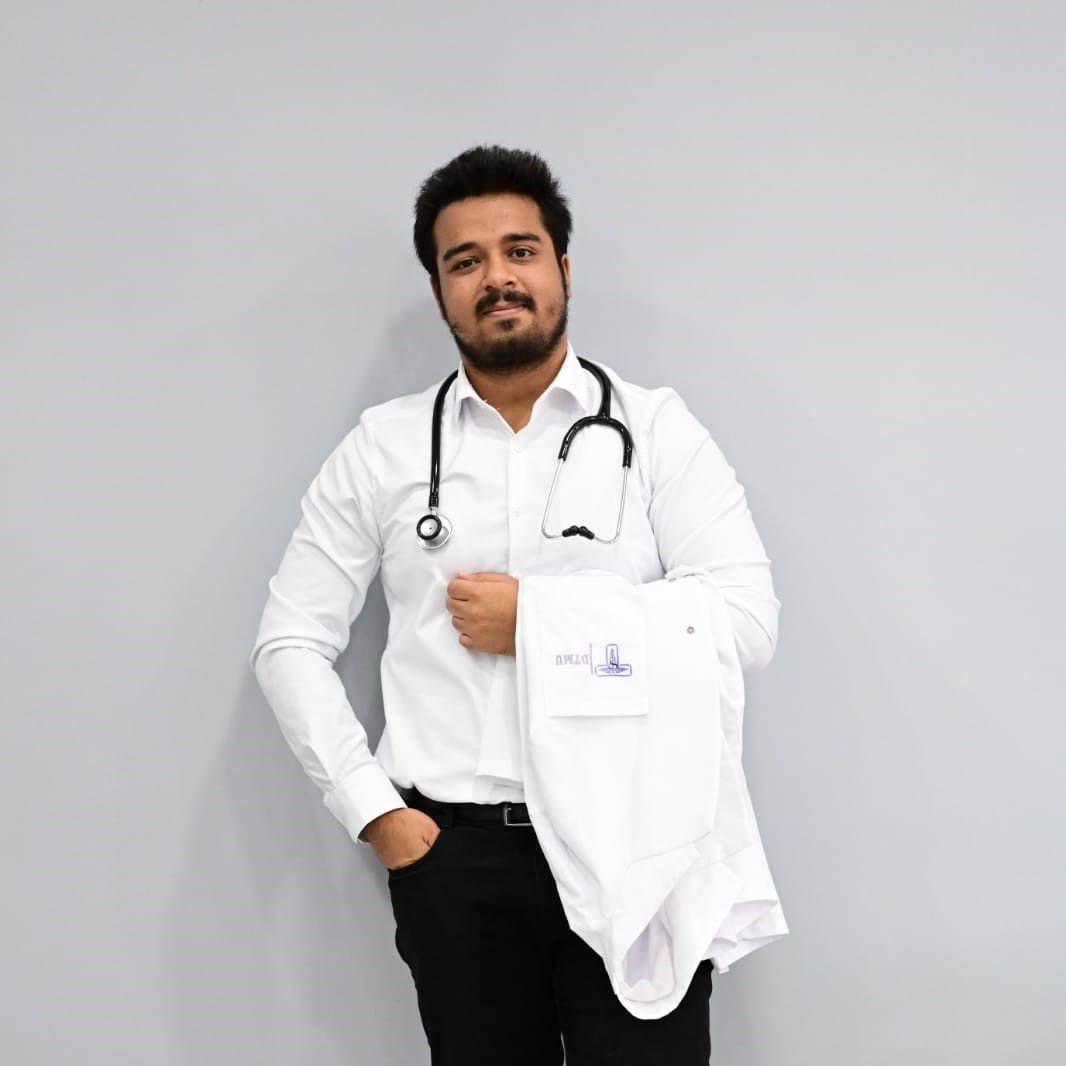
Medically Reviewed By
QualificationsMBBS, DTMU University, Georgia,Radiation Oncology Resident at Burdwan Medical College and HospitalDr. Aryan Malhotra is a skilled and caring doctor. He is a Radiation Oncology Resident at Burdwan Medical College and Hospital. He treats people with cancer and works closely with patients during their treatment.He completed his MBBS from David Tvildiani Medical University in Georgia. He has passed the USMLE... Read More
The average cost of maxillofacial surgery in India is 4300-6500 USD.
The success rate of maxillofacial surgery is 98% in India.
The cost depends on:
Type of surgery needed
Hospital and city (metros usually cost more)
Surgeon’s experience
Diagnostic tests and anesthesia
Hospital stay and post-op care
Simple procedures are performed on the same day, but in complex cases, a 3-5 day hospital stay is required.
Yes. India has many skilled oral and maxillofacial surgeons and world-class hospitals. The cost is also much lower than in countries like the US or the UK.
Look for a surgeon who is board-certified and has experience with your specific condition. Check their patient reviews, success rates, and the hospital they are associated with. Many hospitals also offer video consultations if you want to speak with the doctor first.
Yes, in many cases. Surgeries like jaw correction or reconstructive work can improve facial symmetry, restore lost bone structure, and give a more balanced look.
Recovery depends on the procedure, but it may take 3 weeks to fully recover.
Yes. Follow-ups help your doctor check healing, remove stitches (if needed), and monitor jaw or facial movement. These visits are often spaced over a few weeks and may add to the overall cost if not included in the surgery package.
Like any surgery, there are some risks such as:
Infection or swelling
Nerve damage
Bleeding
Jaw stiffness or pain
But these are rare and can be managed with proper care.
Our care team can help you.
